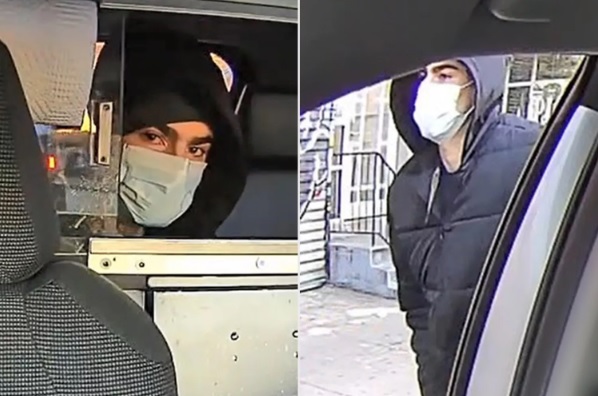As a senior who has lived through decades of societal shifts and personal challenges, I find myself grappling with conflicting emotions over the case of Luigi Mangione. His actions—allegedly murdering UnitedHealthcare CEO Brian Thompson—are unequivocally heinous. Taking another person’s life is never justifiable, and my heart aches for Thompson’s family and the community left in mourning.
Yet, I can’t ignore the larger context surrounding this tragedy: a healthcare system in the United States that has consistently placed profit above human lives. While I cannot condone Mangione’s actions, I understand the anger and despair that may have driven him to the brink.
A System That Breeds Desperation
Let me be clear: violence is never the answer. But to pretend that acts of desperation arise in a vacuum is willful ignorance. Mangione’s manifesto reportedly criticized the health insurance industry, a sentiment that resonates deeply with many Americans, myself included.
How many of us have fought tooth and nail with insurance companies over denied claims? How many of us have watched loved ones suffer—or even die—because they couldn’t afford the care they needed? According to a study published in the American Journal of Public Health, over 68,000 Americans die each year due to lack of adequate health insurance.
These are not just numbers to me. They’re real people: neighbors, friends, and even family members. The cruelty of being told your life-saving treatment is “not covered” while billion-dollar corporations rake in profits is a uniquely American heartbreak.
A Personal Story of Injustice
Several years ago, my best friend Sheila was diagnosed with an aggressive form of breast cancer. Despite having insurance, she faced a litany of denials for the experimental treatments her oncologist recommended. Every appeal was met with bureaucratic delays, each one chipping away at her precious time. Sheila passed away six months later—not because there wasn’t a treatment available, but because the system decided her life wasn’t worth the cost.
It’s stories like Sheila’s that make it painfully clear why someone might feel enraged enough to lash out. While I’ll never condone Mangione’s actions, I understand how a person can look at this broken system and see no other way to make their voice heard.
The Dangerous Glorification of Violence
What troubles me most in the aftermath of this tragedy is the public’s reaction. Social media is ablaze with memes, jokes, and even admiration for Mangione. Some are calling him a hero for taking a stand against a corrupt system. Others are infatuated with his appearance, turning him into a figure of morbid fascination.
This glorification is as troubling as the act itself. Murder is not activism. Violence doesn’t reform broken systems; it perpetuates cycles of pain and loss. Mangione’s actions didn’t solve the healthcare crisis—they created another tragedy.
Understanding the Root Cause Without Excusing the Action
That said, we cannot dismiss the frustrations that fueled this act. The American healthcare system is a pressure cooker, and people like Mangione—who may already feel disillusioned, unheard, and desperate—are its casualties. When corporations reduce human lives to line items on a profit-and-loss statement, they breed anger. And unchecked anger, coupled with hopelessness, can lead to devastating consequences.
But where does that leave us? How do we channel this collective anger into meaningful change rather than senseless violence?
A Call to Action: Compassion and Reform
As seniors, many of us have firsthand experience navigating the healthcare labyrinth. We’ve seen how the system fails the vulnerable and rewards the powerful. But we also have the wisdom and patience to advocate for reform through peaceful, constructive means.
Demand Accountability: Hold insurance companies accountable for unethical practices. Write to your representatives. Attend town halls. Support legislation that prioritizes patient care over profits.
Support Healthcare Advocacy Groups: Organizations like the Patients Rights Council and Physicians for a National Health Program work tirelessly to push for systemic change.
Educate the Younger Generation: Share your stories. Let them know what’s at stake. Teach them that while anger is justified, violence is not.
Healing the Divide
The case of Luigi Mangione is a tragedy on multiple levels. It’s a tragedy for Brian Thompson, whose life was taken far too soon. It’s a tragedy for Mangione, who may spend the rest of his life behind bars. And it’s a tragedy for all of us, trapped in a system that fosters such desperation.
We must refuse to glorify violence while acknowledging the deep systemic injustices that lead to it. We owe it to Sheila, to Brian, to Luigi, and to ourselves to demand better—without succumbing to the darkness that surrounds us.
Let this be a wake-up call, not a rallying cry for destruction. Reform is possible, but only if we approach it with compassion, resolve, and a commitment to justice.

Steven Sinclair
Contributing Writer
ssinclair@seniormania.com


